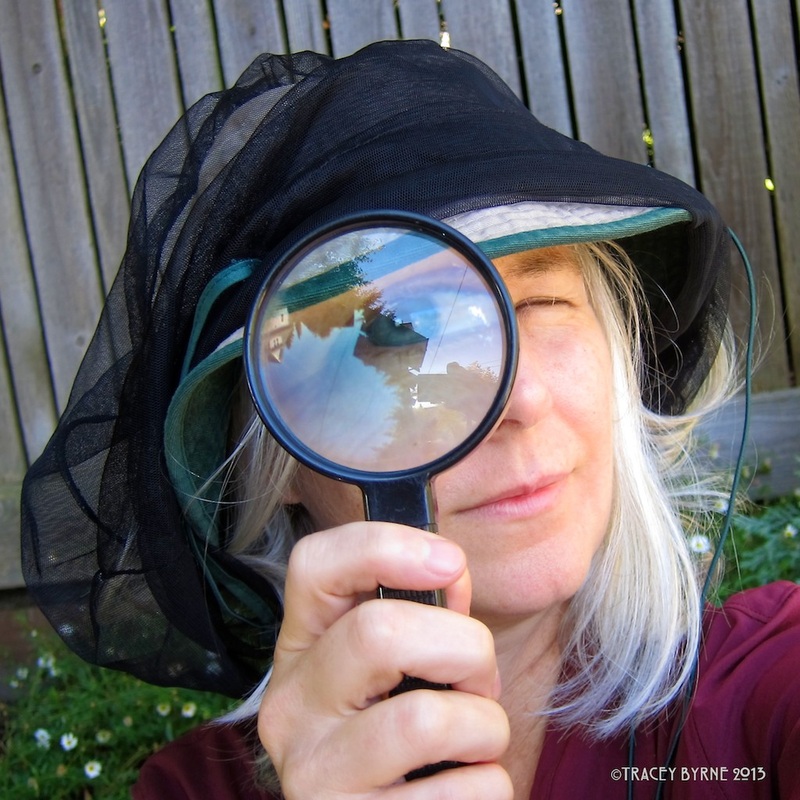|
Flying over the North Cascades, I snapped this photo of the mountains appearing so serene and beautiful...but on land the air was smokey, hot, and stagnant. Checking the Washington Smoke blog: Our yard and garden is covered with grit and it's weirdly dusky outdoors. Looks like a fine weekend to knit and bake bread.
0 Comments
Wilding: the return of Nature to a British FarmI devoured this book in three days and highly recommend it as a source of Earth Day inspiration. Due to the fact that I need to go play in my garden, I offer you this book review from Amazon :^) In Wilding, Isabella Tree tells the story of the ‘Knepp experiment’, a pioneering rewilding project in West Sussex, using free-roaming grazing animals to create new habitats for wildlife. Part gripping memoir, part fascinating account of the ecology of our countryside, Wilding is, above all, an inspiring story of hope. Forced to accept that intensive farming on the heavy clay of their land at Knepp was economically unsustainable, Isabella Tree and her husband Charlie Burrell made a spectacular leap of faith: they decided to step back and let nature take over. Thanks to the introduction of free-roaming cattle, ponies, pigs and deer – proxies of the large animals that once roamed Britain – the 3,500 acre project has seen extraordinary increases in wildlife numbers and diversity in little over a decade. Extremely rare species, including turtle doves, nightingales, peregrine falcons, lesser spotted woodpeckers and purple emperor butterflies, are now breeding at Knepp, and populations of other species are rocketing. The Burrells’ degraded agricultural land has become a functioning ecosystem again, heaving with life – all by itself. Personal and inspirational, Wilding is an astonishing account of the beauty and strength of nature, when it is given as much freedom as possible.
When I heard of the Salmonella outbreak in Pine Siskins along the west coast, I wanted to know more before I took any action to remove my suet and seed feeders. Especially since we were heading into a cold snap with snow, it seemed important to continue feeding my neighborhood birds. I was not seeing any evidence of sick finches so after thoroughly cleaning and refilling my feeders, I wrote to the Cornell Lab of Ornithology for guidance and I received this helpful response: Hi Tracey, Thanks for getting in touch and for your concern for sick birds. Yes, this is a terrible year of Salmonella especially on the west coast. Although such outbreaks are known to occur and are something that bird populations can recover from as a whole, in the interest of caution, taking down your feeders for awhile and cleaning them is a great thing to do. Whenever a sick bird of any kind comes to your feeder, we recommend that you remove the feeders the sick bird is using for awhile to assure that disease is not being spread at your feeders. While the feeders are down, clean them thoroughly with a diluted bleach solution or very hot water, rinse them, and let them dry completely. Once you put the feeders back up, be sure to clean them every week or two. If sick birds return, avoid using feeders with ports that birds put their heads into and clean your feeders at least weekly. The good news is that it's fine to take a break from your FeederWatch counts at any time, so no worries about that. It is also ok to FeederWatch without feeders! We are trying to spread the word about this, but the name of the project makes it a bit counter intuitive. You can modify your site description so it reflects that you don't feed during some months of the year (it is question #9 on the site description form), and then continue counting, if you would like. Find more information about bird diseases on our website: https://feederwatch.org/learn/sick-birds-and-bird-diseases/ We wish you many healthy birds. Happy FeederWatching! Emma Greig, Ph.D. Project FeederWatch Western Scrub Jay ©NPR It never fails to impress me how quickly the birds in our neighborhood discover that we've put out our squirrel-proof feeder filled with black sunflower seeds and our blocks of chili-spiced suet. Yesterday morning we were treated to nine species while we were enjoying our coffee: a pair of Spotted Towhees, two Stellar Jays, two flickers, a banditry of chickadees, a bustle of bushtits, some Oregon juncos, a song sparrow, one Bewick's Wren, and a couple house finches. We also had our first visit from a Western Scrub Jay last week. Hooray for birds! Spotted Towhee ©Mick Thompson Song Sparrow ©All About Birds
Want to know more about migratory pollinators? specifically nectar-feeding bats and Monarch butterflies... Me too!
The Northwest Center for Alternatives to Pesticides is offering a free webinar on Monday, June 29 1pm PDT--- see you there! My stay-at-home project this spring is to join Rob Dunn and his crew in their Wild Sourdough Project and also to participate in Michelle Jewel's 20 minute Fermentology Seminars to learn about "the applied ecology, evolution, history and culture of cultured foods". Both of these activities have open invitations from North Carolina State Public Science Lab.
As a Wild Sourdough participant, I will be comparing ferments from three types of flour. I mixed my pastes today and in two weeks will be posting photos and data to the site. Meanwhile...meet the new babies in our fermenting lab (joining our kefir, kombucha, sauerkraut, and my Seattle sourdough). Want to join me in a Zoom seminar every Thursday afternoon through August? See you there! Valentine's Day Bird Count began with two black-capped chickadees at my feeder.
Join me in getting out and counting birds this weekend? Cornell Lab of Ornithology and E-bird make it easy! this lovely card was created by Artist Gennine D. Zlatkis |
| If you'd like to delve a bit deeper, check out Weeds of North America by University of Chicago Press. "Dickinson and Royer provide much-needed background on these intrusive organisms. In the battle with weeds, knowledge truly is power. Weeds of North America is the perfect tool for gardeners, as well as anyone working in the business of weed ecology and control." |
(and it will certainly keep me from weeding my front slope of dandelions for another week or two!)
|
|
Author
Tracey Byrne~
I taught K-12 students from north of the Arctic Circle to the Puget Sound Ecoregion, garnering 40 years of experience as a classroom teacher, learning mentor, and private tutor.
I spent most of the 1980s and 90s in Alaska flying airplanes, floating wild rivers, winter camping, teaching, parenting, and living off the grid.
Here in Seattle, I am an advocate for environmental stewardship, place-based education, and outdoor play. I share my enthusiasm for birds, bugs, and backyards and have been a featured writer and photographer for Pacific Horticulture.
All photographs © T. Byrne unless otherwise noted.
Categories
All
Adventuring
Amphibians
Artists
Beekeeping
Biophilia
Birds
Bumblebees
Citizen Science
Cool Bugs
Environmental Issues
Flow Hive
Fungi
Gardening
GMO
Good Reads
Guest Post
Honeybee
Infographic
Organics
Pesticides
Pollinator
Sky Matters
Why
Youtube Videos
Archives
June 2024
April 2024
February 2024
December 2023
November 2023
September 2023
June 2023
April 2023
March 2023
January 2023
December 2022
October 2022
August 2022
July 2022
April 2022
March 2022
February 2022
January 2022
December 2021
September 2021
May 2021
April 2021
March 2021
February 2021
December 2020
November 2020
October 2020
September 2020
August 2020
June 2020
May 2020
April 2020
February 2020
January 2020
December 2019
October 2019
September 2019
July 2019
June 2019
May 2019
April 2019
February 2019
January 2019
December 2018
November 2018
October 2018
September 2018
August 2018
July 2018
June 2018
May 2018
April 2018
March 2018
February 2018
January 2018
December 2017
November 2017
October 2017
September 2017
August 2017
July 2017
June 2017
May 2017
April 2017
March 2017
February 2017
January 2017
December 2016
September 2016
August 2016
July 2016
June 2016
May 2016
April 2016
March 2016
February 2016
January 2016
December 2015
November 2015
October 2015
September 2015
August 2015
July 2015
June 2015
May 2015
April 2015
March 2015
February 2015
January 2015
December 2014
November 2014
October 2014
September 2014
August 2014
July 2014
June 2014
May 2014
April 2014
March 2014
February 2014
January 2014
December 2013
November 2013
October 2013
August 2013
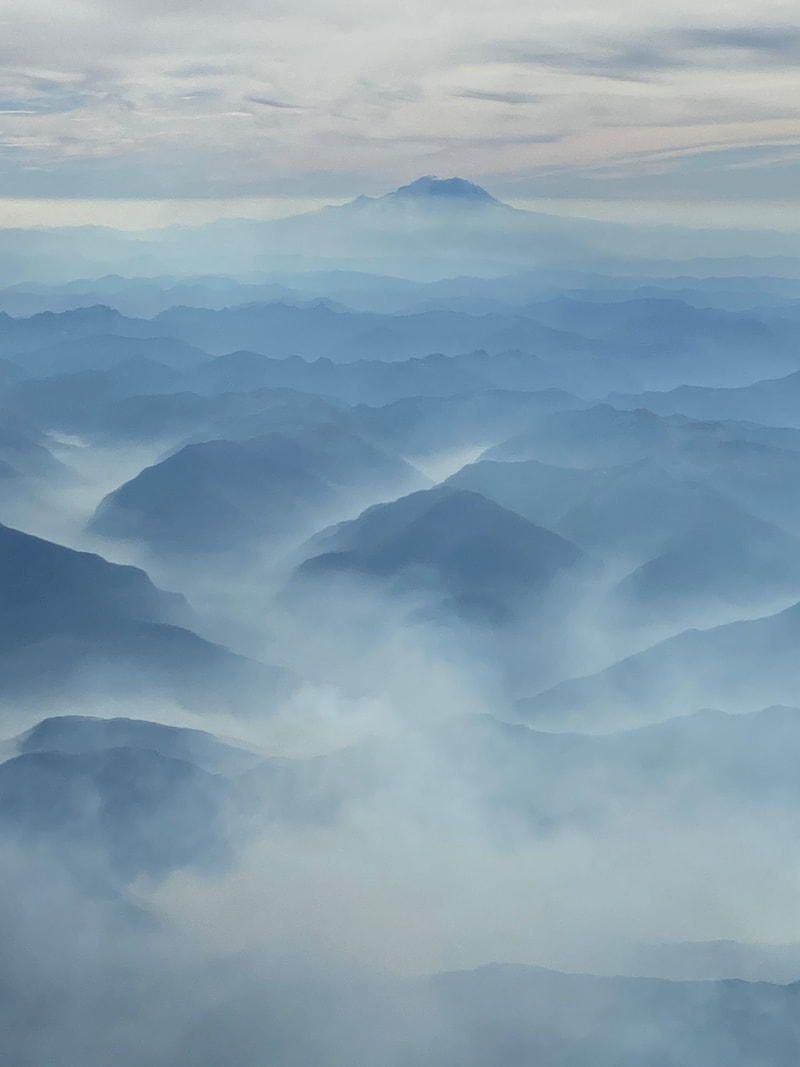
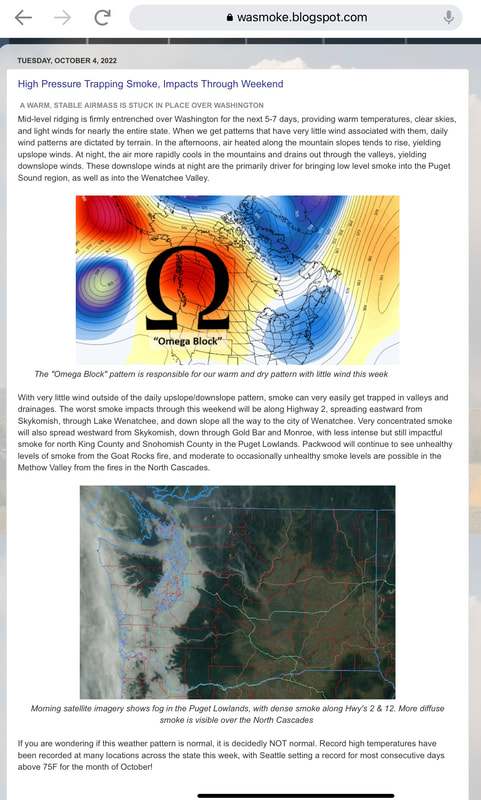
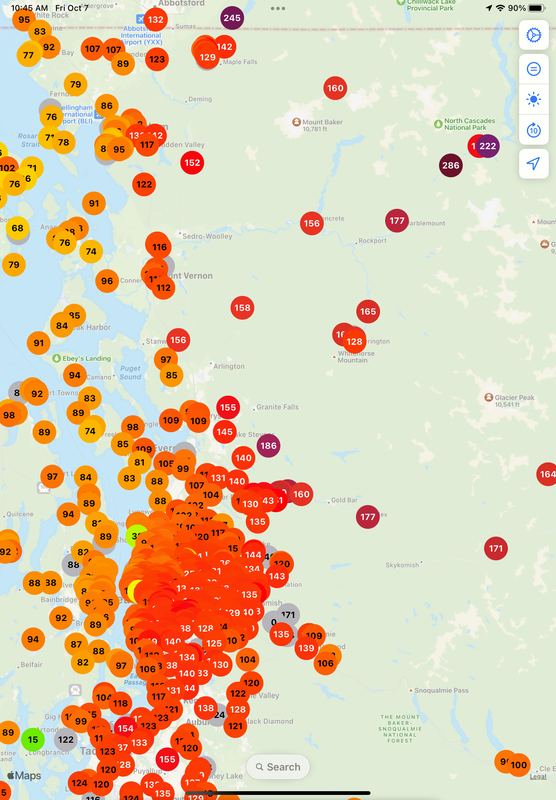
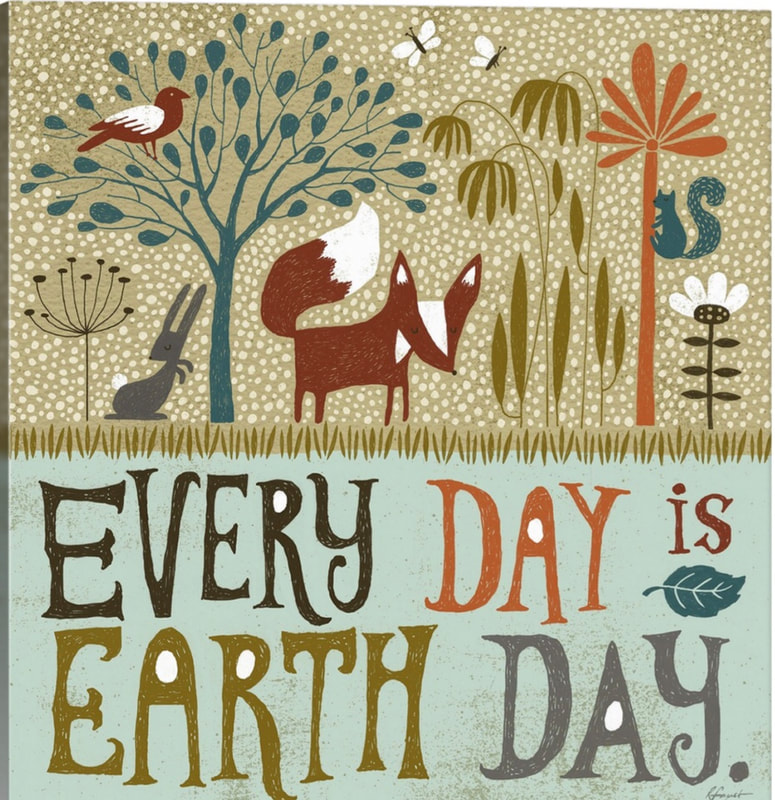
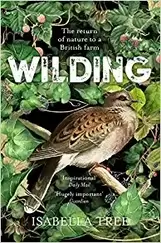

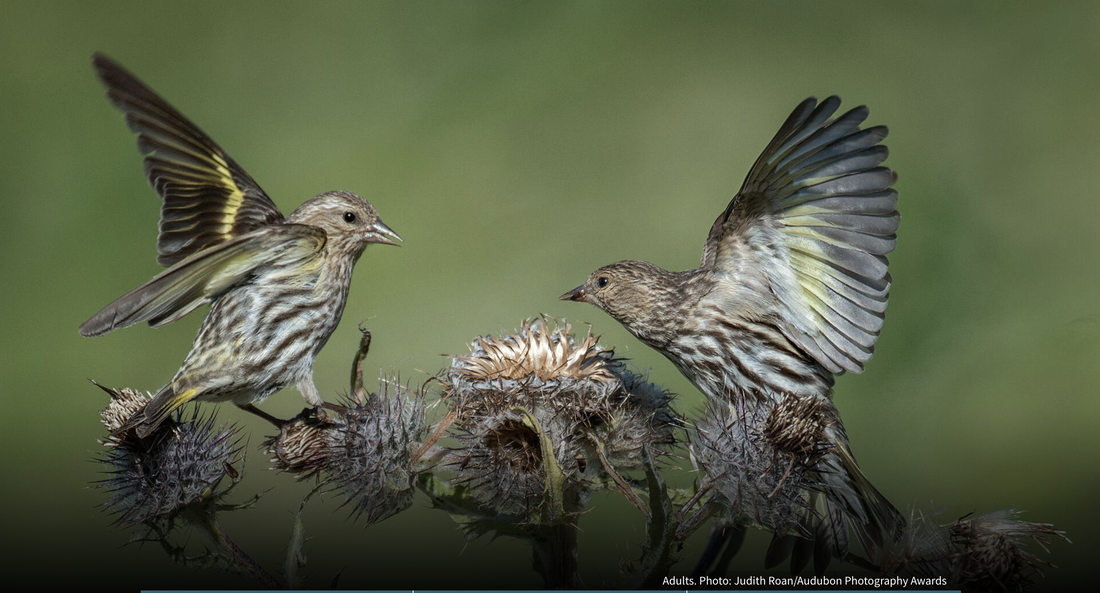
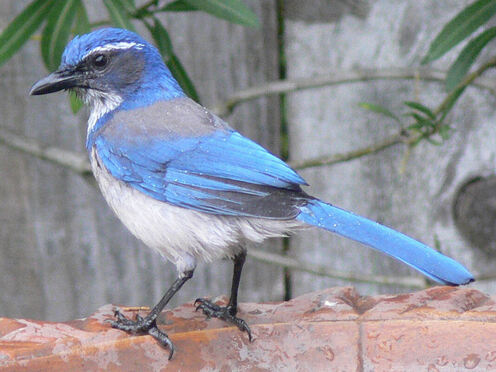
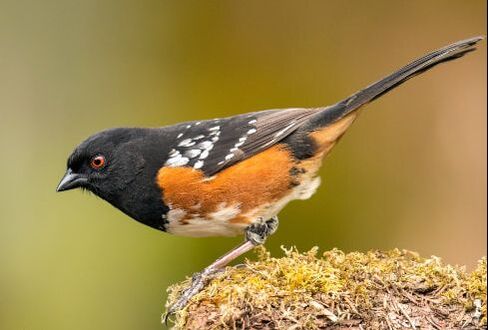
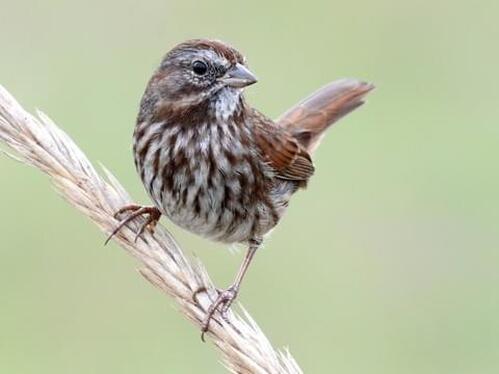
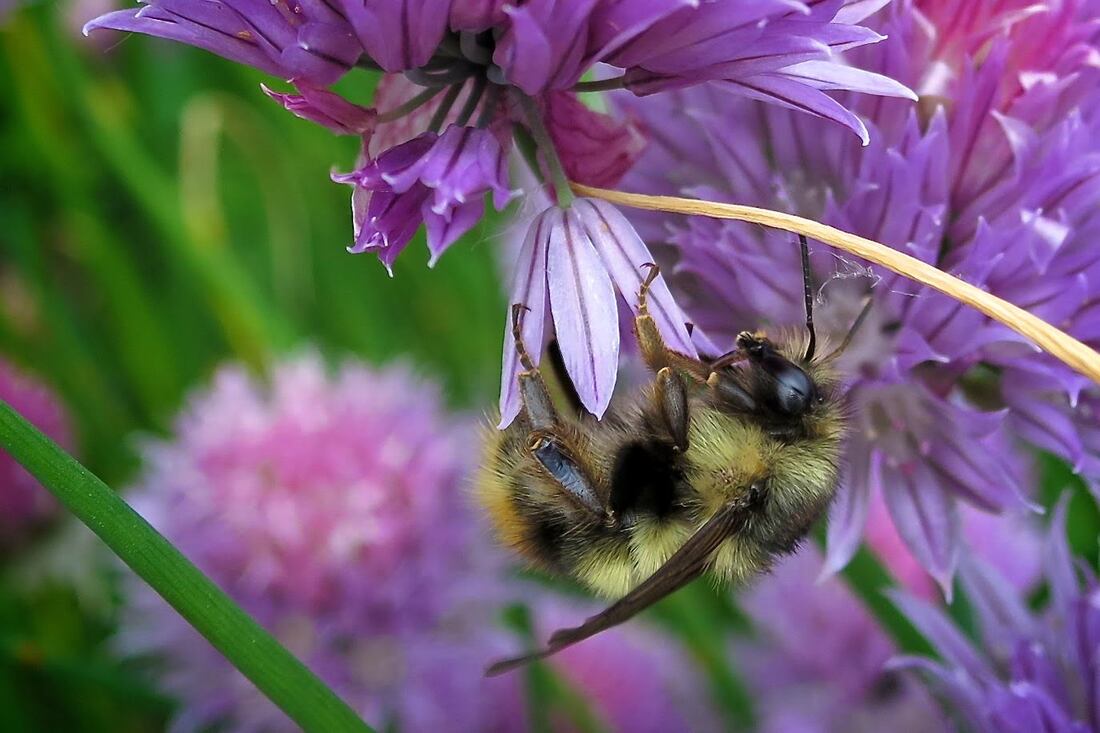
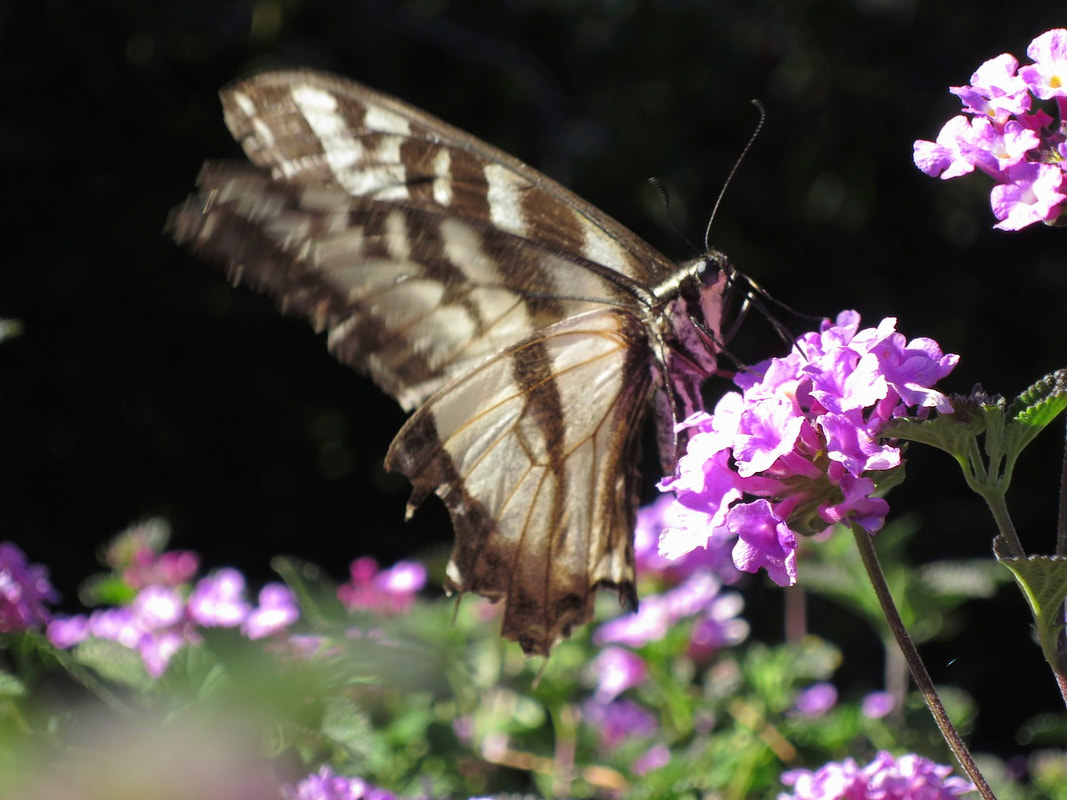
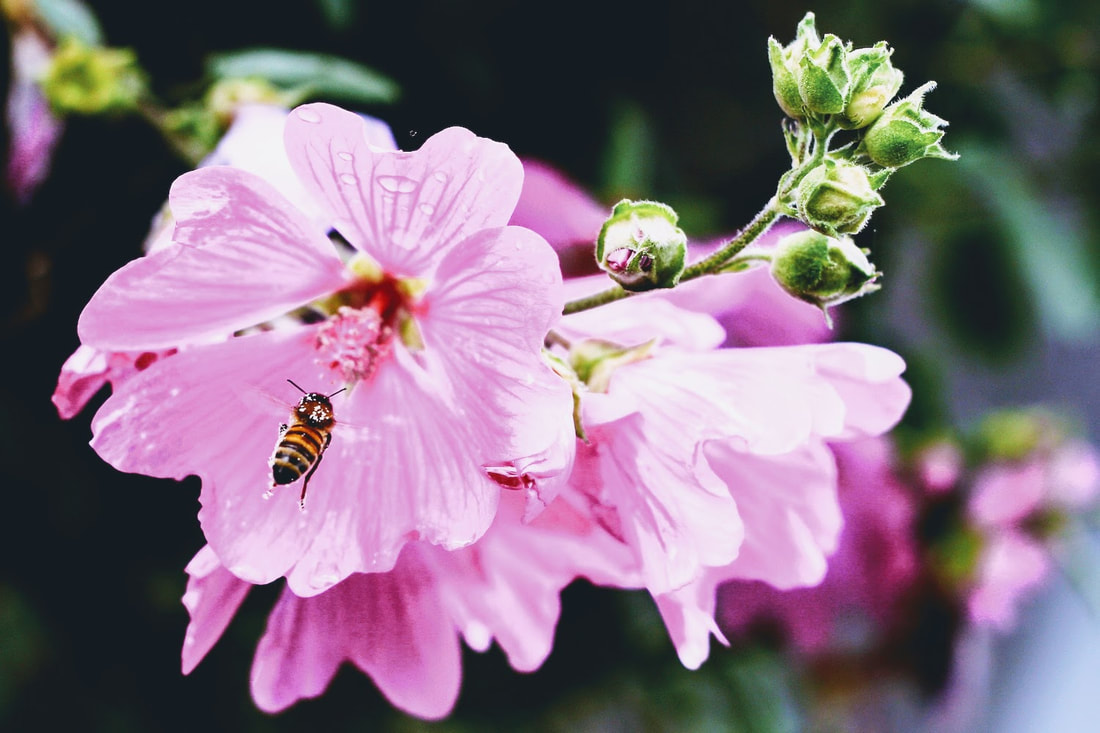
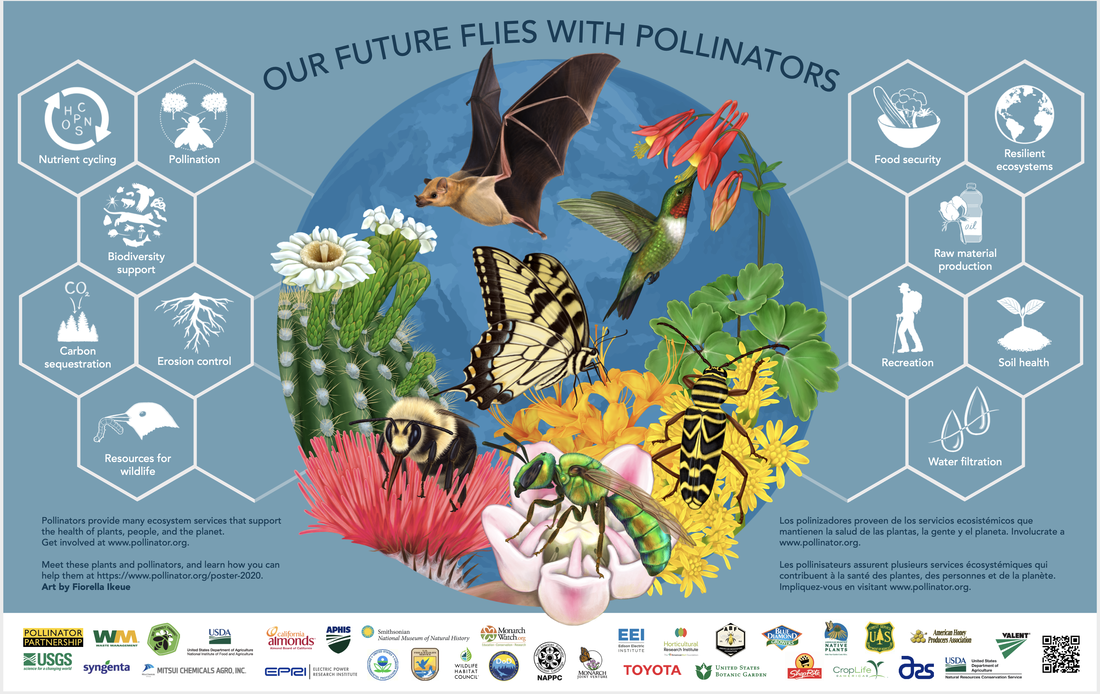

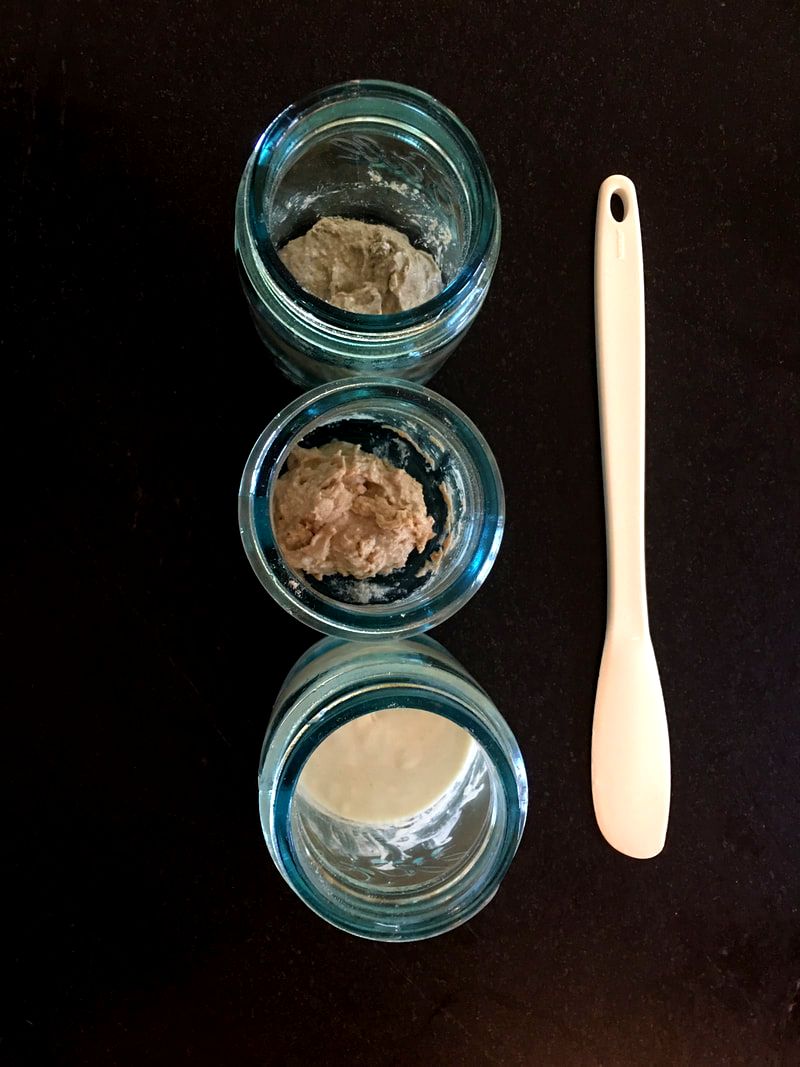
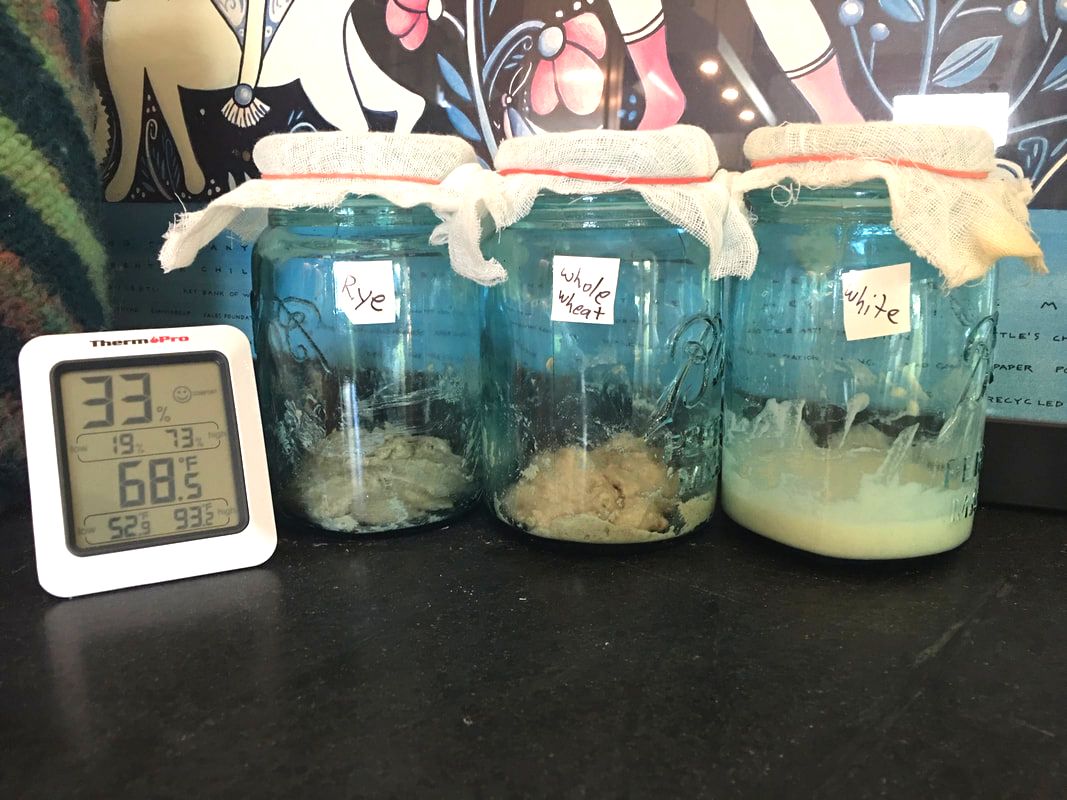
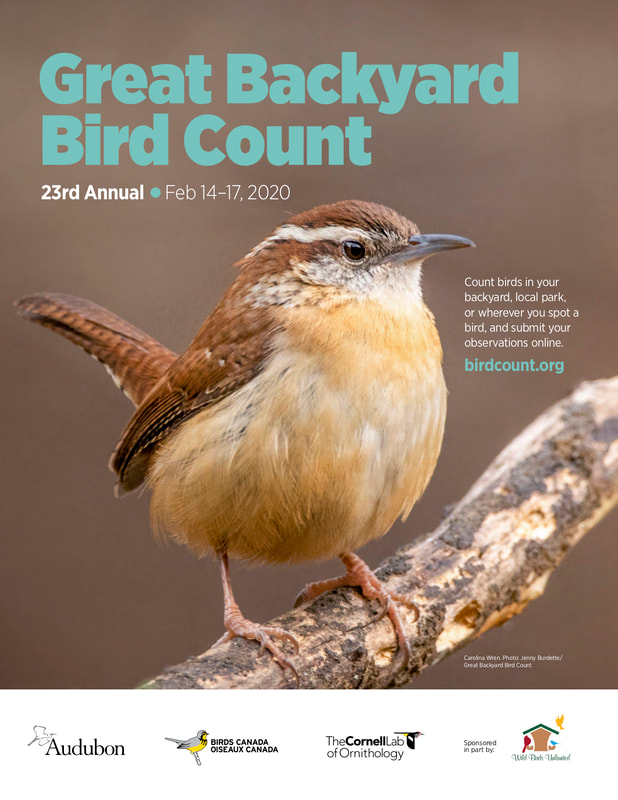
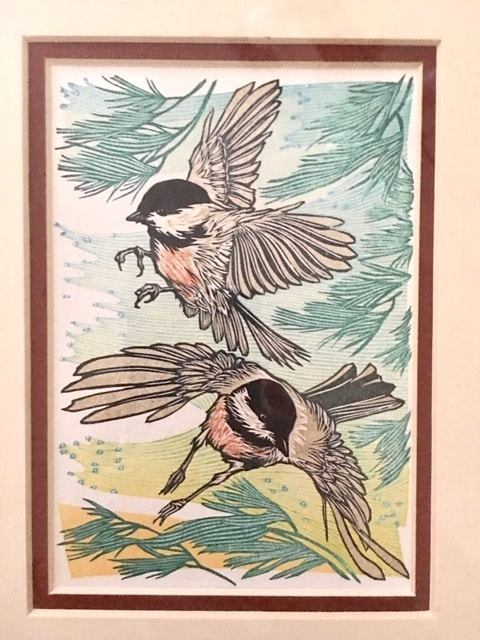
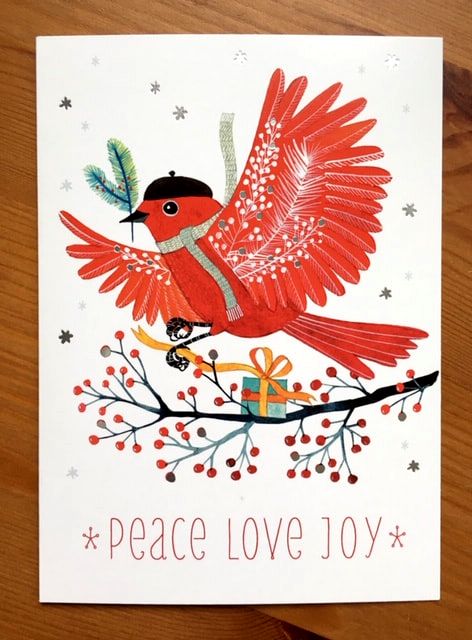
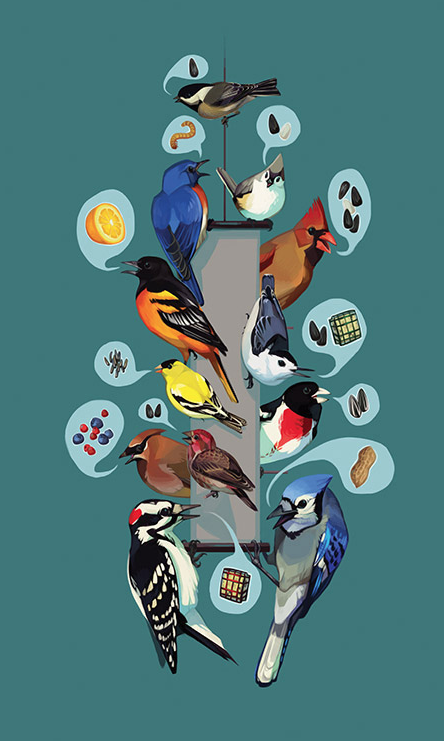
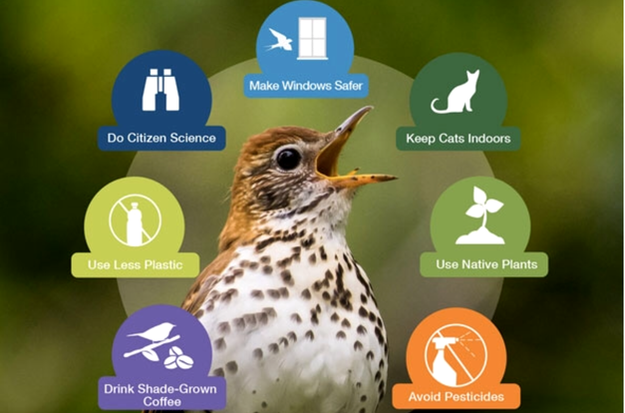
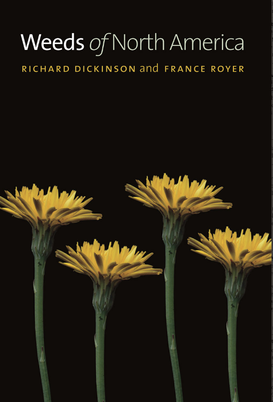
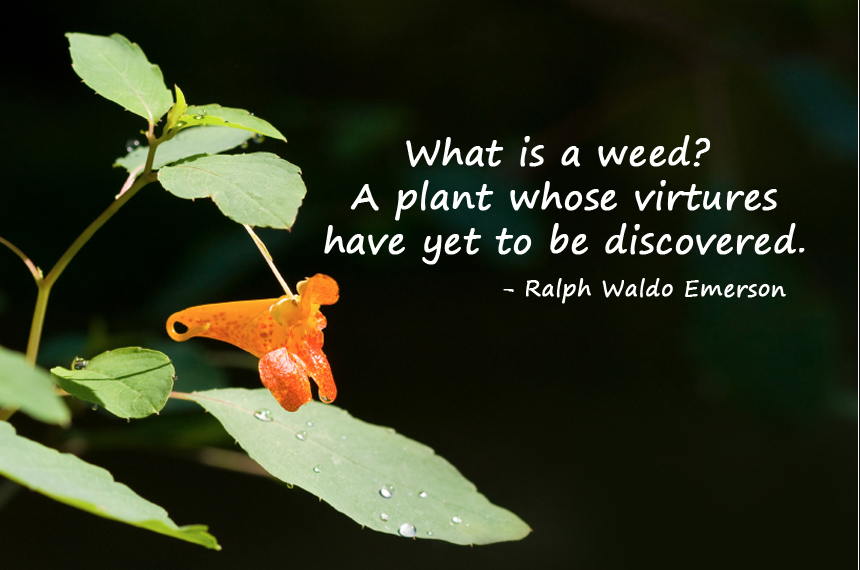
 RSS Feed
RSS Feed
